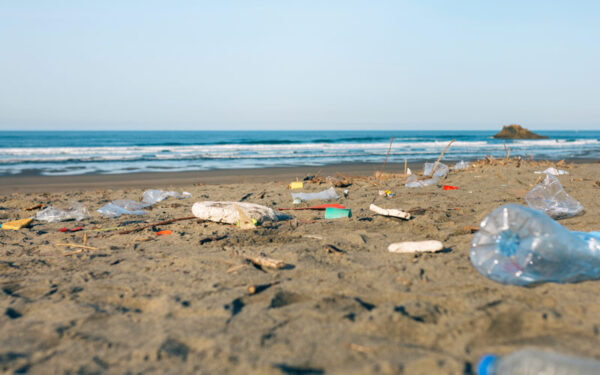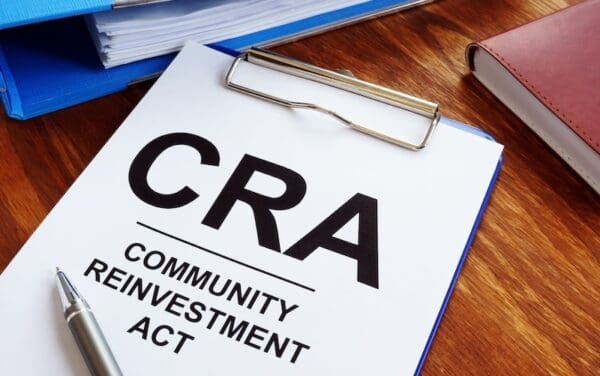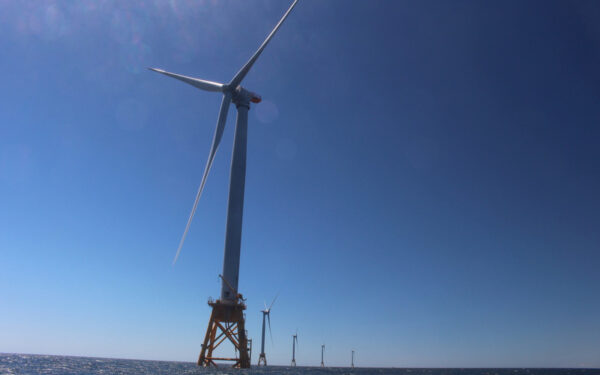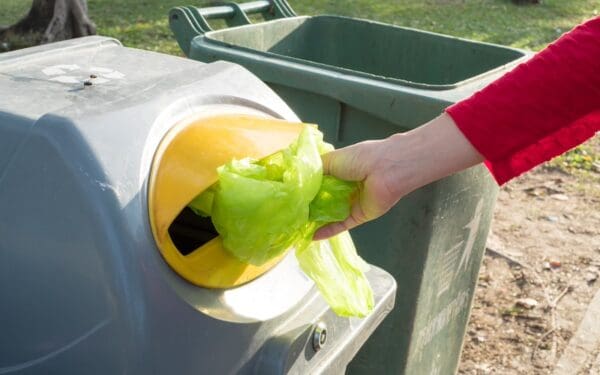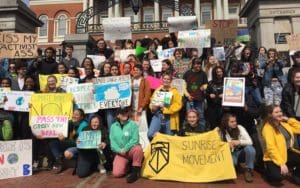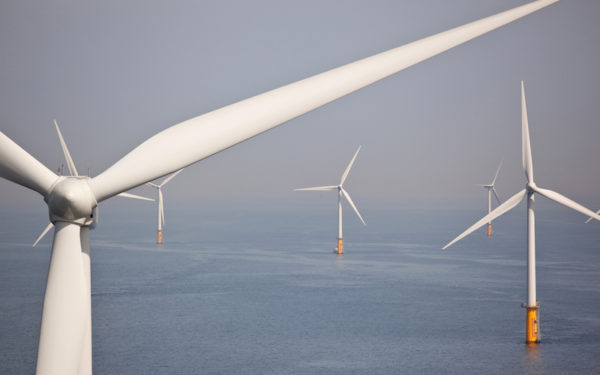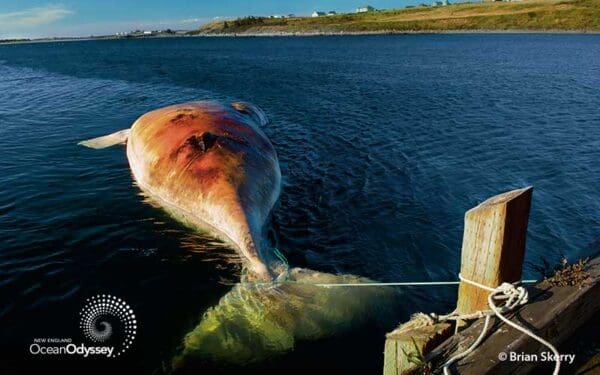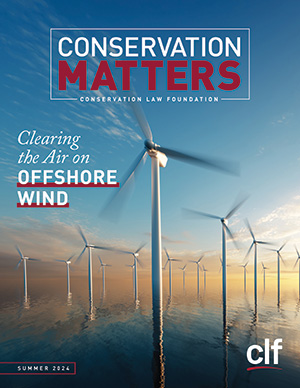Jul 19, 2024
Climate change is making New England’s summers hotter and heat waves longer. But finding a swimming hole to cool off isn’t easy for everyone. We asked Mardi Fuller about accessible and equitable access to swimming spots and about her top picks for beaches and lakes across the region. Mardi advocates for racial equity through writing,… Continue reading Guest Blog: Mardi Fuller’s Top Picks for Swimming in New England
Jul 18, 2024
New Englanders love a perfect beach day. But the trash that lines our coast from Connecticut to Maine is less than perfect. By pitching in to do a beach cleanup, beach lovers can make a significant difference in preserving our region’s natural beauty. Check out these tips to keep your favorite beach crystal clean.
Jul 17, 2024
We won’t accept polluted water, dangerous heat, and unpredictable energy costs as foregone conclusions in our communities—and our banks shouldn’t either. Instead, banks should work to enrich our communities with long-term, sustainable solutions that will improve residents’ health and welfare.
Jul 11, 2024
CLF is fighting to develop offshore wind in the Gulf of Maine while protecting our natural resources and coastal communities.
Jul 11, 2024
Single-use plastic bag recycling seems like the right thing to do, but only a tiny portion of our plastic bags get recycled. Mostly, they end up being incinerated, or piled up in landfills, where they slowly break down into microplastics.
Jul 10, 2024
Robert King has nursed neglected dams back to health for more than 30 years. He says his story shows how regular people concerned about climate change can make a difference.
Jul 09, 2024
In June, the state of Hawai’i agreed to cut carbon emissions in a historic climate case settlement. This is a big win with implications for communities in New England and beyond.
Jul 03, 2024
Local anti-wind citizens’ groups are using pro-environment rhetoric to turn public opinion against offshore wind, a tactic borrowed from fossil fuel companies.
Jul 02, 2024
Conservation groups are pushing for long-delayed federal action to finalize expanded vessel strike protections for critically endangered North Atlantic right whales.
Jun 29, 2024
We have no time to waste and no tolerance for the false narratives peddled by the fossil fuel industry in the media and in the courts.



